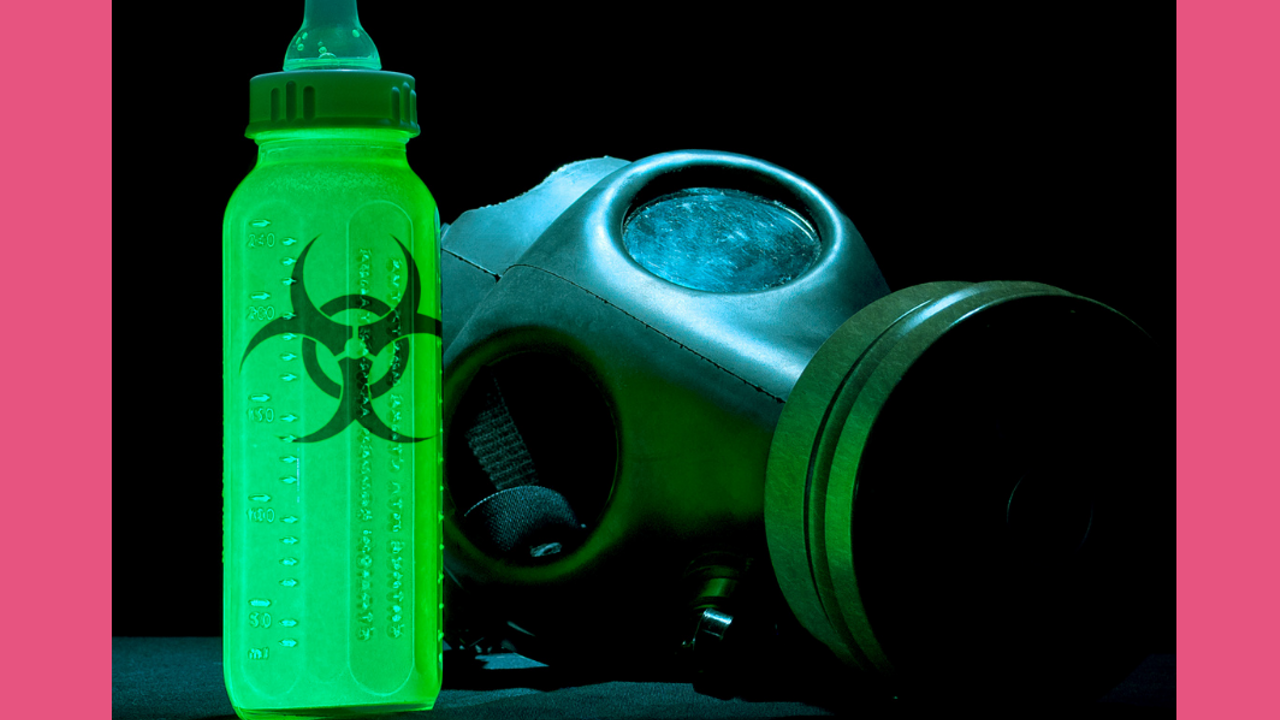The Toxic Dance Between Empaths and Narcissists in Friendship and Dating
Mar 24, 2021
Do you identify as an empath? Empaths are exquisitely sensitive to recognizing and understanding the feelings of others, showing deep empathy for other people and humanity in general. Narcissists, on the other hand, while outwardly charming, in time display a lack of empathy, an inflated sense of their own importance, and a deep need for excessive admiration and attention. Narcissists are the proverbial “bull in the china shop” when it comes to the feelings or needs of others…only the shattering isn’t accidental, it’s part and parcel of how they operate.
If you are an empath who has ever been involved with a narcissist (either in a friendship or romantic relationship), you and the narcissist had one thing in common: You both engaged in a pattern where it was All About Them.
If you identify as an empath, you must be particularly aware, in both friendships and romance, to watch out for narcissists. Narcissists and empaths can be drawn to one another, and end up in a pattern that is very destructive to the empath. Narcissists often find empaths to be ideal (I want to say partners here, but victim seems more fitting) because empaths can be so understanding, so willing to listen, so willing to let the other person take the stage, so willing to defer their own needs. The narcissist loves having an admirer who puts the spotlight on them. Everything is great until the day that you as an empath have a need. Here is where the wheels come off. The moment you express a need, you are likely to be horrified by the response of the narcissist. After all the times you’ve been there for them, surely they can be supportive of or sensitive to you in your time of need. Surprise! Here is where the narcissist gets indignant, angry, or leaves. You find out at this stage that they are only interested in a one-sided interaction where all the benefits flow to them, with none of the inconveniences or need to reciprocate kindness or understanding.
How can you avoid attracting them in the first place? Don’t fall into the trap of being so “easy-going” that you always say yes to other people's wants and needs. Make sure you center yourself first, rather than de-prioritizing your own needs in order to “be there for others.” (This can take some practice for empaths who are so naturally sensitive to the needs and feelings of others.) Putting yourself first in a healthy way is the best defense.
Narcissists have a sixth sense for picking up on who might be willing to abandon their own needs to make it All About Them. If you put yourself first by exemplifying healthy boundaries and prioritizing your own needs, you are less likely to attract this type of person. Remember, the narcissist isn't looking for a reciprocal relationship or friendship. Rather, the narcissist is looking for their next source of "supply" a.k.a. attention, adoration, and energy. It's a one-sided exchange that often ends in the "discard" where the narcissist callously tosses the empath aside once their needs are no longer being met. Rather than work on a relationship, the narcissist pattern is to simply seek a new source of "supply" elsewhere. This can be very traumatic to the empath.
Avoiding narcissists in the first place is the safest way to avoid the trauma that often results from deeper entanglement with one. The best way to do that is to make a practice of being very comfortable prioritizing your own needs, which often means saying "no" to others. In dating, some examples of prioritizing your own needs would include:
- Turn down last-minute date invites (in other words, prioritize maintaining your relationships with friends, family, etc. by honoring your pre-existing plans rather than making the dreaded but common mistake of canceling plans to make yourself available when Mr. DreamGuy asks you out for the same day or a last-minute invite)
- Don't take calls from suitors when it's late (prioritize your need for uninterrupted sleep over his wish to hear the sound of your voice)
- End dates first rather than automatically accommodating for example his suggestion to go on to a second activity after dinner (prioritize your need to be fresh and rested for your morning workout class tomorrow).
Reach out to us at Love Academy for Women for more examples. Good prospective partners will respect and understand healthy boundaries, whereas narcissists will move on in search of easier sources of "supply" (thus helping you evade the narcissist's clutches before you get too deeply involved, which is the best case scenario). Avoiding entanglement with narcissists is just one more reason that it's important for empaths (and all women) to get used to saying "no" regularly and with ease in order to better navigate dating, friendship, and life in general. For more guidance, reach out to us at Love Academy for Women.
- Cori McGraw "Coach Cori" at the Love Academy for Women
In any area of life, it helps to have a mentor. Dating is no different.
Stay connected with newest blog posts and news.
We hate SPAM. We will never sell your information, for any reason.

